Syria survived major onslaughts in decade of foreign-backed war: Journalist tells Press TV
Syria has survived and overcome three kinds of major onslaughts against it by terrorist forces and their supporting countries over the past ten years of war, a Lebanese analyst says.
Nasser Qandil, a well-known journalist and editor with the Lebanese newspaper Al-Binaa, made the remarks in an exclusive interview with Press TV on Sunday, in which he described Washington’s multiple scenarios against Damascus since the beginning of crisis in the country.
Qandil pointed to Syria’s unparalleled resistance and said the Arab country suffered three types of aggression.
“In the first place, the country faced widespread media and political pressure aimed at provoking the body politic and separating government institutions and repeating a kind of Arab Spring along with chaos and crisis,” the analyst said.
“In the second type of aggression, tens of thousands of terrorist elements, backed by international and regional coalitions, were sent to dominate the Syrian territory and eventually gain power and pave the way for the disintegration of the country.”
Qandil underlined that, in the third kind of onslaught, the country faced sanctions, siege and financial and economic pressure to relinquish its sovereignty and territorial integrity.
The political analyst also referred to Russia’s efforts to work out a political solution and speed up economic development in Syria, and said Moscow tried to use the Syrian resistance to pave the way for its return to the Arab League, and to this end, Russian Foreign Minister Sergei Lavrov toured the Persian Gulf countries.
Qandil said the purpose of Lavrov’s visits was to activate the political process through the Constitutional Committee, the return of refugees and reconstruction of Syria as well as lifting the embargo on Syria’s financial sources.
Composed of 50 members from the Damascus government, 50 opposition members, and 50 independent figures chosen by the United Nations, the committee has been mandated to draft constitutional reforms for popular approval, paving the way for a political settlement in the post-war Syria.
On Lebanon’s affairs, Qandil said Lavrov’s move to have received a delegation of high-ranking Hezbollah figures led by Mohammad Raad, the head of the Loyalty to the Resistance Bloc — the political wing of Hezbollah — was in line with Russia’s aim to understand Hezbollah's reading of the situation in the region after the new government takes office.
Russia has tried with joint plans to set the ground for resolving complex issues in the region, including the formation of a government in Lebanon, he said.
Noting that "Syria is not to exchange its dignity for bread," Qandil said the country is moving towards unity, sovereignty and the return of the Golan Heights after more than ten years of fighting in which two-thirds of the countries in the region and the world as well as intelligence and media institutions participated.
The journalist said Syria in the next two months will see the holding of parliamentary elections and the beginning of a new political phase.
Both Russia and Hezbollah back the Syrian government in its fight against terror.
Since 2011, Syrian government forces have taken back many areas once controlled by the terrorist groups. The government and allied forces are currently fighting the last bastions of militants in the northwestern province of Idlib and areas in the neighboring Aleppo province.
'Capitulation': Israeli officials and media concede Gaza defeat as truce unfolds
'Gaza has won': Social media users react to ceasefire with mix of relief, joy
Iran seeks South Korea’s assistance for AI, fiber-optic projects
VIDEO | Iran's 'Eqtedar' (Power) maneuver
Israel hits HTS military target in Syria for 1st time since fall of Assad
VIDEO | Press TV's news headlines
Israel has slaughtered 13,000 students in Gaza, West Bank
VIDEO | More Zionist than Zionists: Biden’s legacy to be defined by Gaza genocide


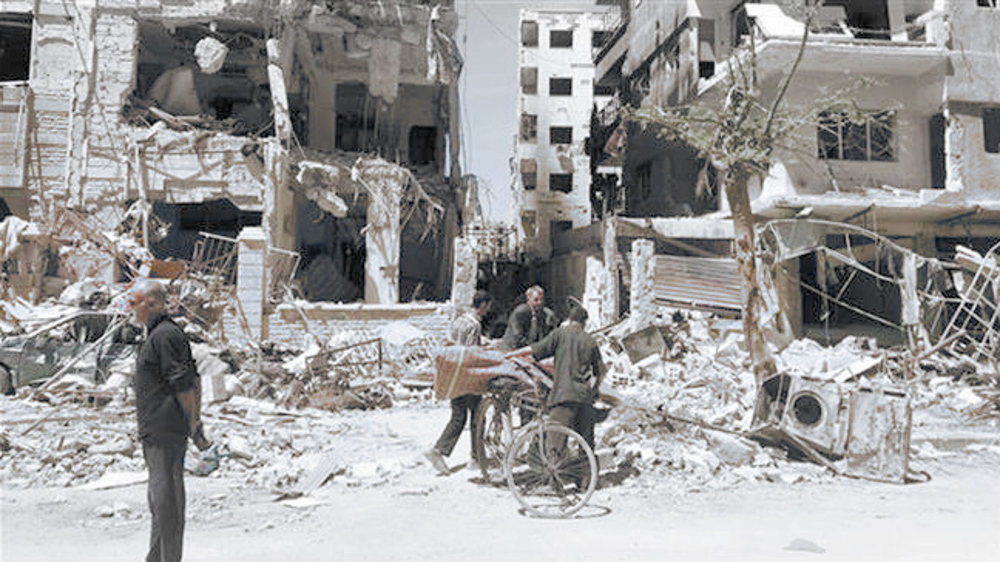



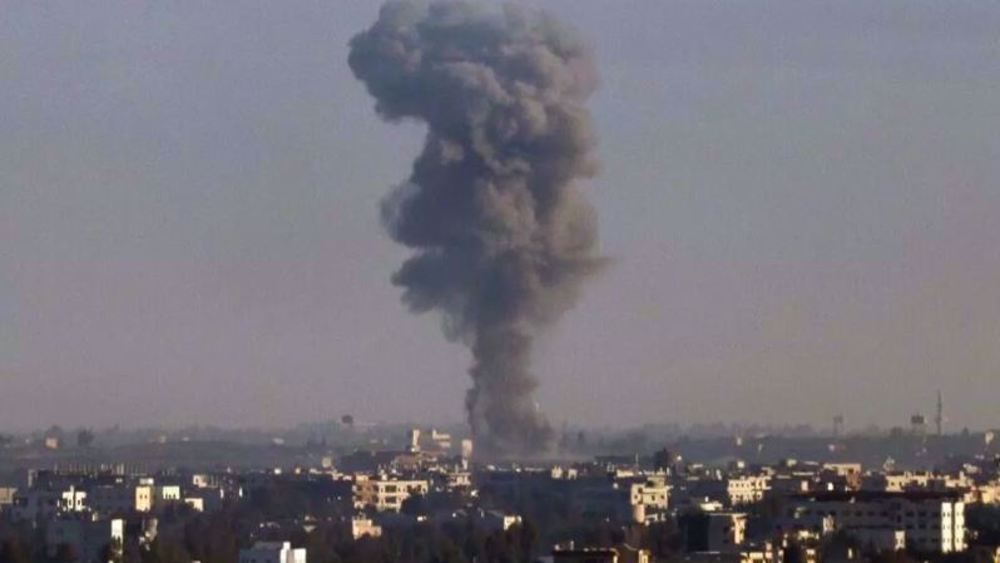

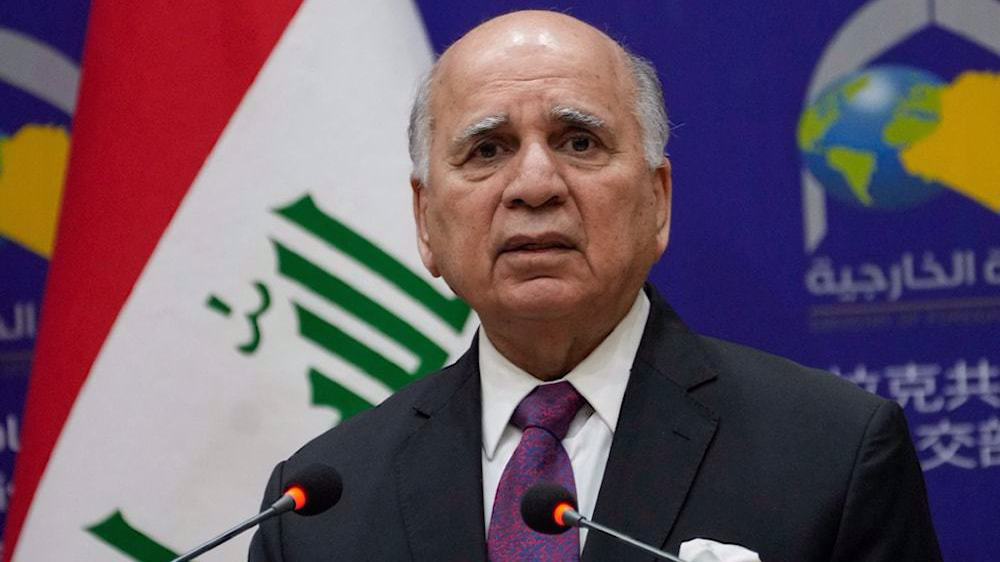



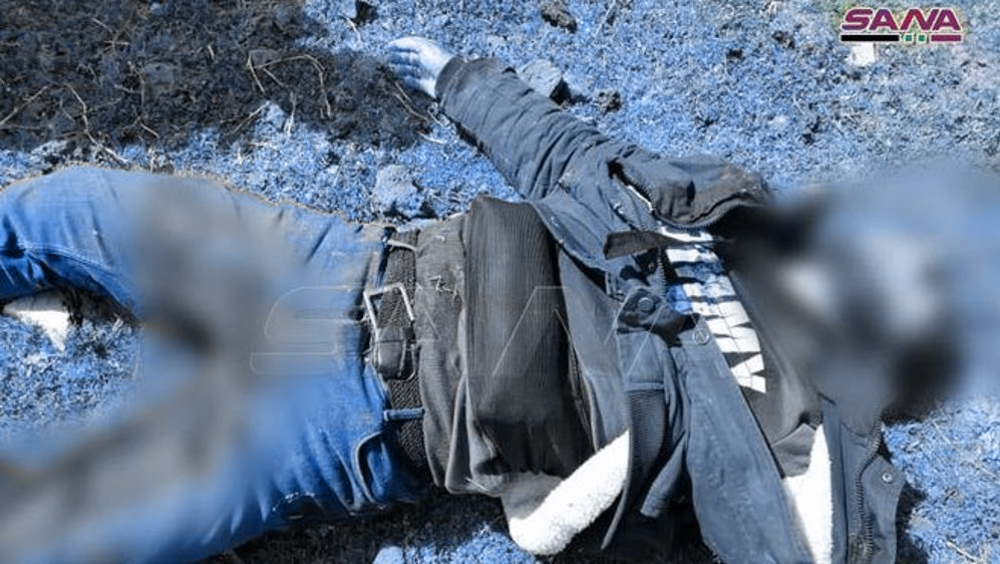
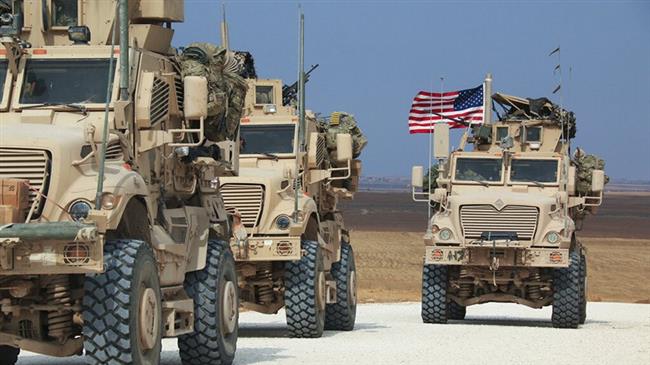

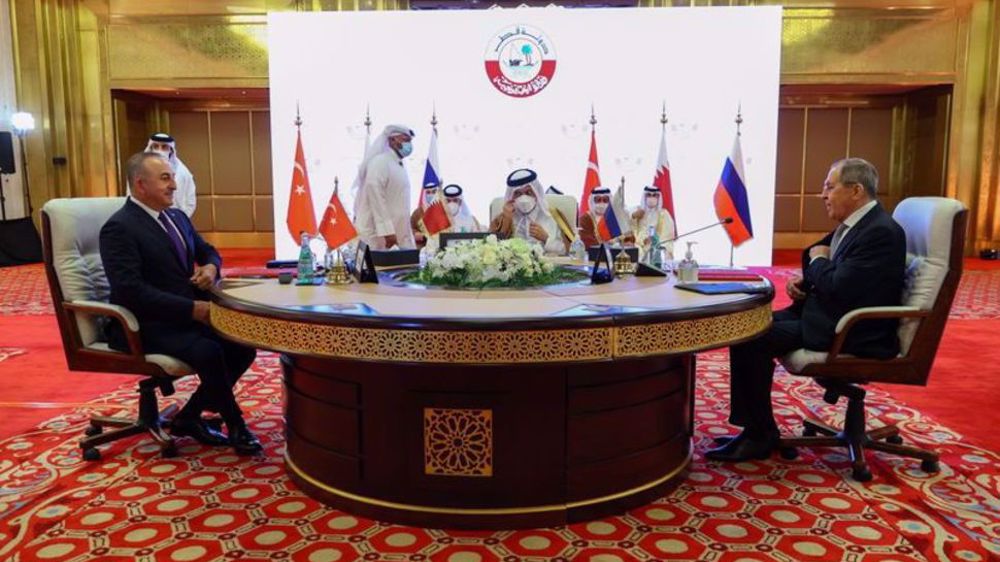
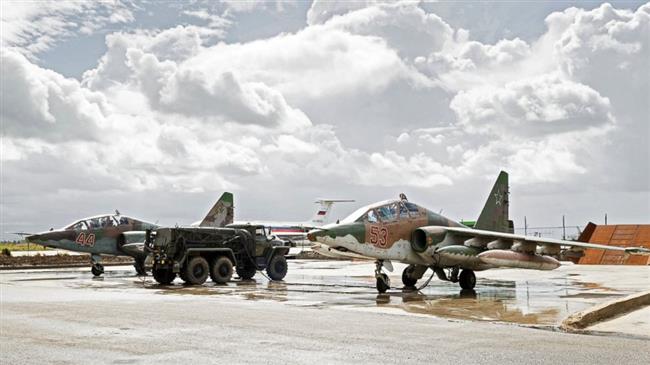

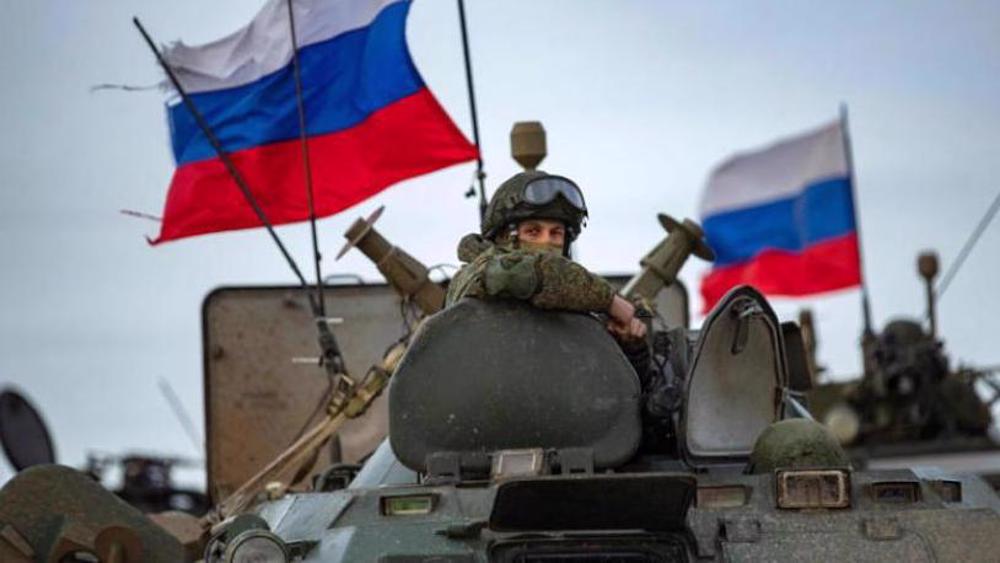
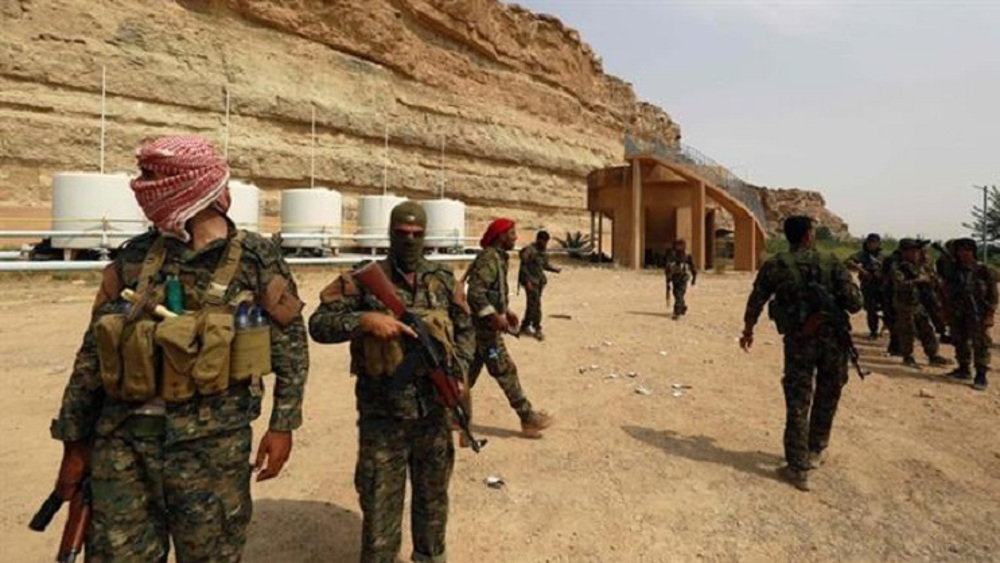

 This makes it easy to access the Press TV website
This makes it easy to access the Press TV website